Vienna, the capital of Austria, is renowned for its rich cultural heritage, historical architecture, and vibrant urban amenities. Here’s a brief description of Vienna’s cultural and urban offerings:
1. Historic Architecture:
- Vienna is dotted with magnificent historic buildings and palaces. The Hofburg Palace, Schönbrunn Palace, and Belvedere Palace are among the architectural gems that showcase the city’s imperial history.
- St. Stephen’s Cathedral, with its distinctive gothic spire, is a symbol of Vienna and a stunning example of medieval architecture.
2. Museums and Art Galleries:
- The city boasts world-class museums and art galleries. The Kunsthistorisches Museum (Museum of Art History) and the Albertina Museum house impressive collections of art spanning various periods.
- The MuseumsQuartier is a cultural complex that features contemporary art, design, and a range of cultural events.
3. Music and Opera:
- Vienna has a deep-rooted musical tradition, being the hometown of classical composers such as Mozart, Beethoven, and Strauss. The city is famous for its classical music scene.
- The Vienna State Opera is renowned for its opulent performances, and the city hosts numerous classical concerts, especially during the annual Vienna Opera Ball.
4. Parks and Gardens:
- Vienna is known for its green spaces and beautifully landscaped parks. The Schönbrunn Palace Gardens offer a picturesque setting, and the Stadtpark is famous for the golden statue of Johann Strauss II.
- The Prater Park, home to the iconic Giant Ferris Wheel, provides recreational opportunities and a nostalgic atmosphere.
5. Coffee Culture:
- Vienna is credited with pioneering the coffeehouse culture, and traditional coffeehouses, such as Café Central and Demel, continue to be important cultural institutions.
- Coffeehouses are not just places to drink coffee but are also hubs for intellectual and artistic discussions.
6. Culinary Scene:
- The city boasts a diverse culinary scene that combines traditional Austrian dishes with international influences. Be sure to try Wiener Schnitzel, Sachertorte, and enjoy the lively atmosphere of local markets.
- Naschmarkt, the city’s most famous market, offers a wide array of fresh produce, spices, and international cuisine.
7. Architecture and Urban Planning:
- Vienna combines its imperial history with modern urban planning. The Ringstrasse, a circular boulevard surrounding the city center, showcases impressive 19th-century architecture.
- The contemporary architecture of the UNO City and the Donau City district reflects Vienna’s commitment to modernity.
8. Events and Festivals:
- Vienna hosts a variety of events and festivals throughout the year, from classical music festivals and opera performances to the Vienna Film Festival and Christmas markets.
Vienna’s cultural and urban amenities create a harmonious blend of tradition and modernity, making it a captivating destination for locals and visitors alike.

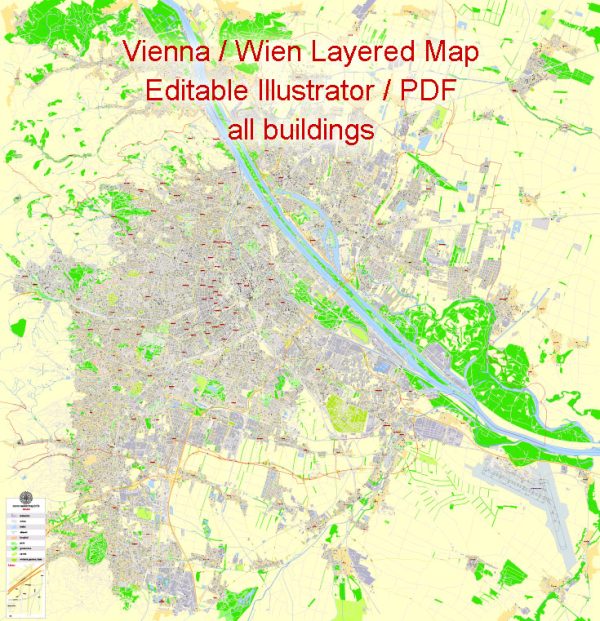
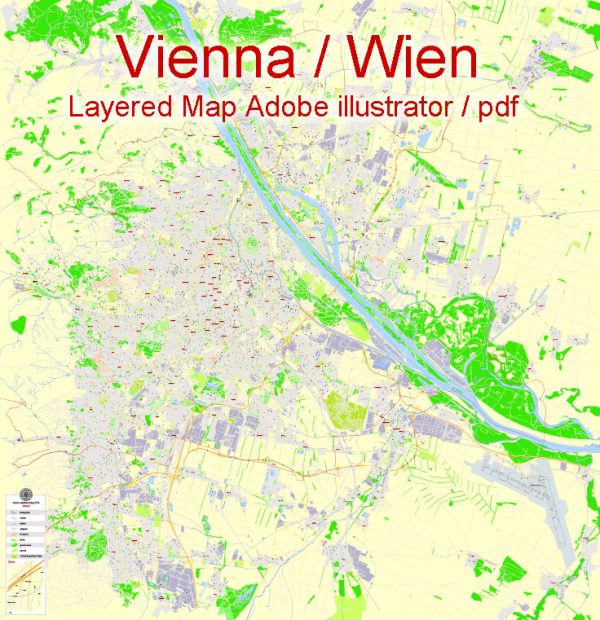
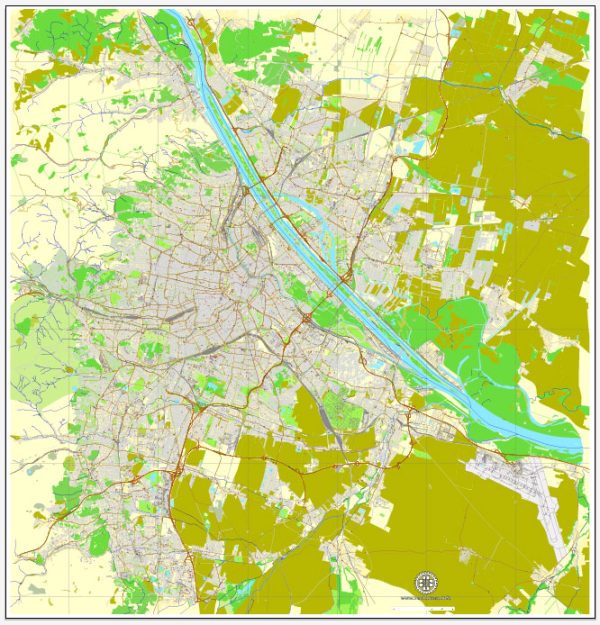
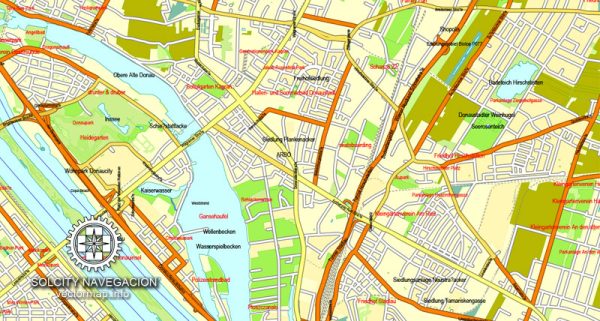
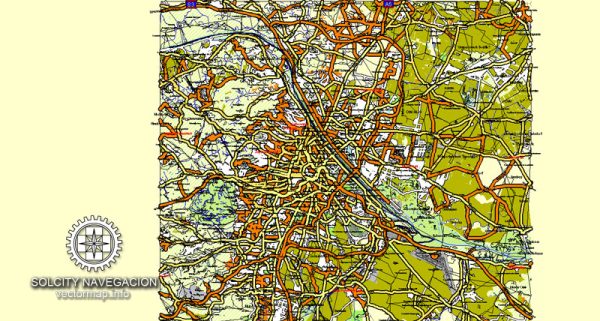
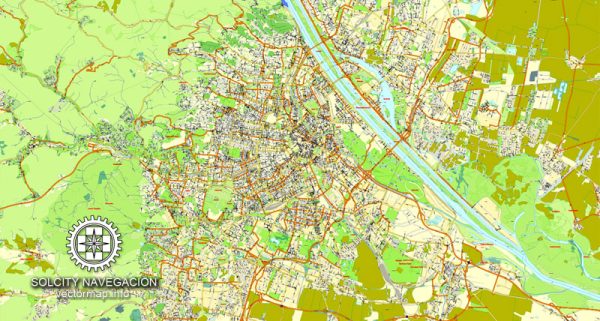
 Author: Kirill Shrayber, Ph.D. FRGS
Author: Kirill Shrayber, Ph.D. FRGS